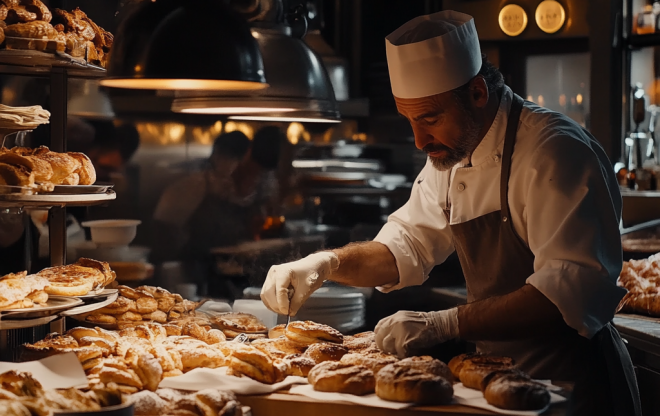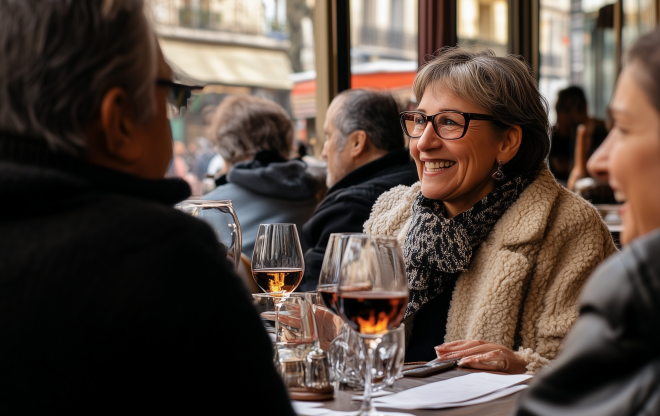Learning French Rekindles Romance: New Research on Love and Language
Couples often speak of “keeping things fresh,” yet novelty that feels meaningful—not gimmicky—is surprisingly rare. Enter French lessons. A 2024 study applying the Self-Expansion Model to long-term partners found that couples who embarked on a fourteen-week language course reported a 26 percent rise in perceived intimacy. The mechanism is simple: shared challenge, mutual vulnerability, and a stream of playful discoveries.
Think of the first class where neither can pronounce bourgeonnement without giggling. Laughter activates the same neural reward circuits that fired when you first dated. Declarative memory intertwines with emotion; every time one partner corrects the other’s gender agreement, the exchange mimics the flirtatious teasing of early courtship.
Design your own “French Date” curriculum. Keep weeknight lessons short—ten-minute flash-card duels where the “teacher” role alternates. On Saturdays, cook regional dishes: coq au vin for verbs of process, tarte flambée for imperatives. Stirring sauce together while murmuring, “Regarde la couleur,” translates knowledge into sensory memory. Sundays, walk the neighborhood describing small scenes in French. Physical motion embeds vocabulary; you breathe new words alongside fresh air together.
Mark milestones with rituals. After every tenth lesson, toast with Champagne pronounced the French way—soft nasal vowels, no hard “p.” Keep a joint journal answering prompts like, “Today I felt closest when…” Reflection amplifies the novelty effect, stretching a single lesson’s glow across the week.
Of course, plateaus arrive. Predetermine a reset phrase—perhaps “On respire et on continue”—that converts frustration into a shared joke. The phrase acknowledges struggle without blame and invites a breath before trying again.
Revive handwritten love letters. Begin with simple lines such as “Je pense à toi quand je révise mes verbes,” and tuck the note into a pocket or pillowcase. Physical ink feels intimate in a digital world, and the small thrill of discovery reignites courtship chemistry.
Finally, take the show on the road. Order dessert in French—“Un fondant au chocolat pour deux”—and let the waiter’s approving nod wash over you both. That shared victory becomes a story retold, a thread woven into your history. At its heart, studying French together is not merely about conjugation; it is rehearsing collaboration, curiosity, and play—the very elements that kindle romance in the first place.




